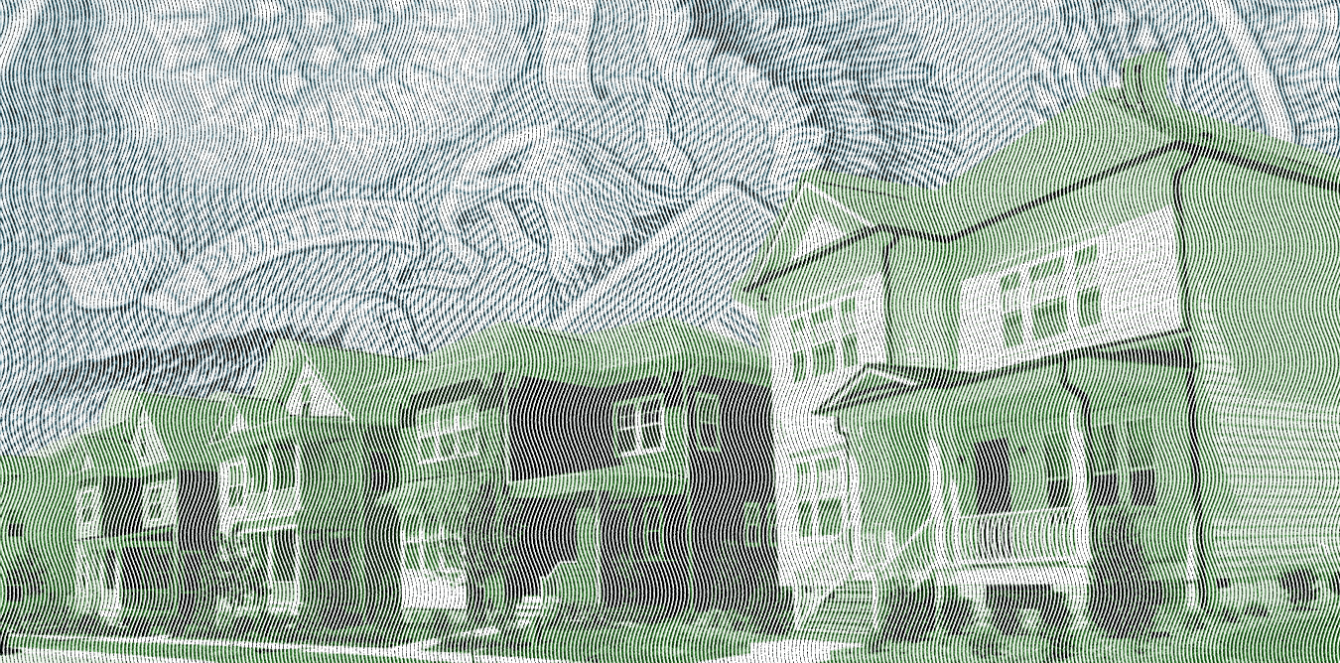Last summer, the White House announced the creation of a task force involving more than a dozen federal agencies to study appraisal bias and develop a plan to reform a system where homes in Black and Hispanic neighborhoods are valued at lower rates than those in similar white neighborhoods.
This bias contributes to reduced housing wealth among people of color, who are less likely to own homes in the first place, and when they do, are more likely to have undervalued homes. In Houston, for example, households of color represent 69% of all the city’s households but represented just 38% of the housing wealth for primary residences, according to an analysis by the Urban Institute.
Unfair appraisals and bias in housing in general have also led to a practice called whitewashing, where homeowners of color remove family photos and any other clues that they own the home before showing it to an appraiser or prospective buyer. Whitewashing has been around for years, but since the appraisal task force was formed, numerous new reports of it have emerged.
“That happens all the time,” veteran Houston real estate broker Gerald Womak said.
Last month, the task force released its long-awaited report detailing a series of reforms meant to transform the appraisal process and eliminate racial and ethnic bias in home valuations. The Property Appraisal and Valuation Equity (PAVE) report outlines 21 actions aligned to five components that officials say can be executed using existing federal authorities:
- Enhancing oversight and accountability by committing federal agencies to create a legislative proposal to modernize the appraisal industry’s governance structure.
- Implementing new policies that would empower homeowners and homebuyers to seek reconsiderations of value when they receive an appraisal that is lower than expected.
- Ensuring Automated Valuation Models—data-driven tools used to determine property values —do not rely upon biased data by including nondiscrimination quality control standards.
- Diversifying the appraiser profession by removing requirements that make it difficult for underrepresented groups to enter the industry (roughly 97% of appraisers are white) and strengthening anti-bias training.
- Developing a federal database to better research and address appraisal bias.
Junia Howell, a sociology professor at the University of Illinois whose research on appraisal bias in Harris County is referenced in the PAVE report, said what’s most notable is the government’s acknowledgment that it has had a role in contributing to racial inequality in housing values. But how the actions laid out in the report will be implemented or effective at addressing the root issues remains unclear.
“Most of them are very big-picture,” she says.
The elements of the report that Howell says have a stronger likelihood of being enacted involve empowering consumers and training and recruiting appraisers of color.
The government, she says, is budgeting funds and charging officials with ensuring there are better avenues for individuals who have experienced discrimination and want to have their properties reappraised. And conversations around increasing diversity in the appraisal industry have been gaining momentum as well.
“For the customer side and the diversity of appraisers, I actually feel like those might start changing,” Howell said. “Unfortunately, I don't think those are the most important things to be changed.”
What needs an overhaul, she says, is the appraisal method itself. One way to improve the underlying mechanisms that create racial inequality, she said, would be standardizing how appraisers asses property components—such as square footage and features of a home—and how they select comparable properties and adjust value estimations.
“However, to fully address the inequality will require rethinking the underlying assumptions of the comparable sales approach alongside the standardization of property measurements,” Howell said.
Appraisals are one of the key steps when buying a property or refinancing a mortgage. Lenders hire appraisers to provide independent and objective estimates. A low appraisal can reduce a home’s market value and how much money a bank will lend on the purchase of that home.
Research from a variety of sources using different sets of data highlights widespread racial bias in appraisals.
Last year, Freddie Mac released a report that found 12.5% of the properties selling in Black neighborhoods received appraisal values lower than the contract price, compared to just 7.4% in white neighborhoods.
And a study of refinance transactions from Fannie Mae published in January showed that Black borrowers refinancing their home received, on average, a slightly lower appraisal value relative to automated valuation models, and that homes owned by white borrowers were more frequently overvalued than Black-owned homes.
Through their research on housing and appraisals that examined data from 2015, Howell and fellow scholar Elizabeth Korver-Glenn found that race was a significant factor in appraising home values—even when controlling for a series of property and neighborhood factors.
Womak says he’s encouraged that the White House is shining a spotlight on unfair appraisals in hopes that people who own homes in African American communities have equal opportunities to build wealth.
One way to help accomplish that, he says, would be to see more diversity in the appraisal profession. He says more historically Black colleges and universities should offer programs encouraging students to become appraisers.
“The appraiser process and appraiser designation for years has been a ‘good ol’ boy’ system,” he said. “Layers and layers of red tape” have kept people of color from entering the business.
Legislation addressing racial bias in appraisals has been introduced. After the PAVE report was released, Congresswoman Maxine Waters announced a bill that would address appraisal bias and discrimination by establishing a new federal agency on valuations.
“Bias and discrimination in appraisals can result in perpetuating historic disinvestment in communities of color, lowering home values for homeowners of color, locking people of color out of homeownership opportunities, and contributing to the widening of the racial and ethnic wealth and homeownership gaps,” Waters said during a congressional hearing on the issue.
Nancy Sarnoff, a longtime Houston business and real estate journalist, is a contributing writer for the Urban Edge.

